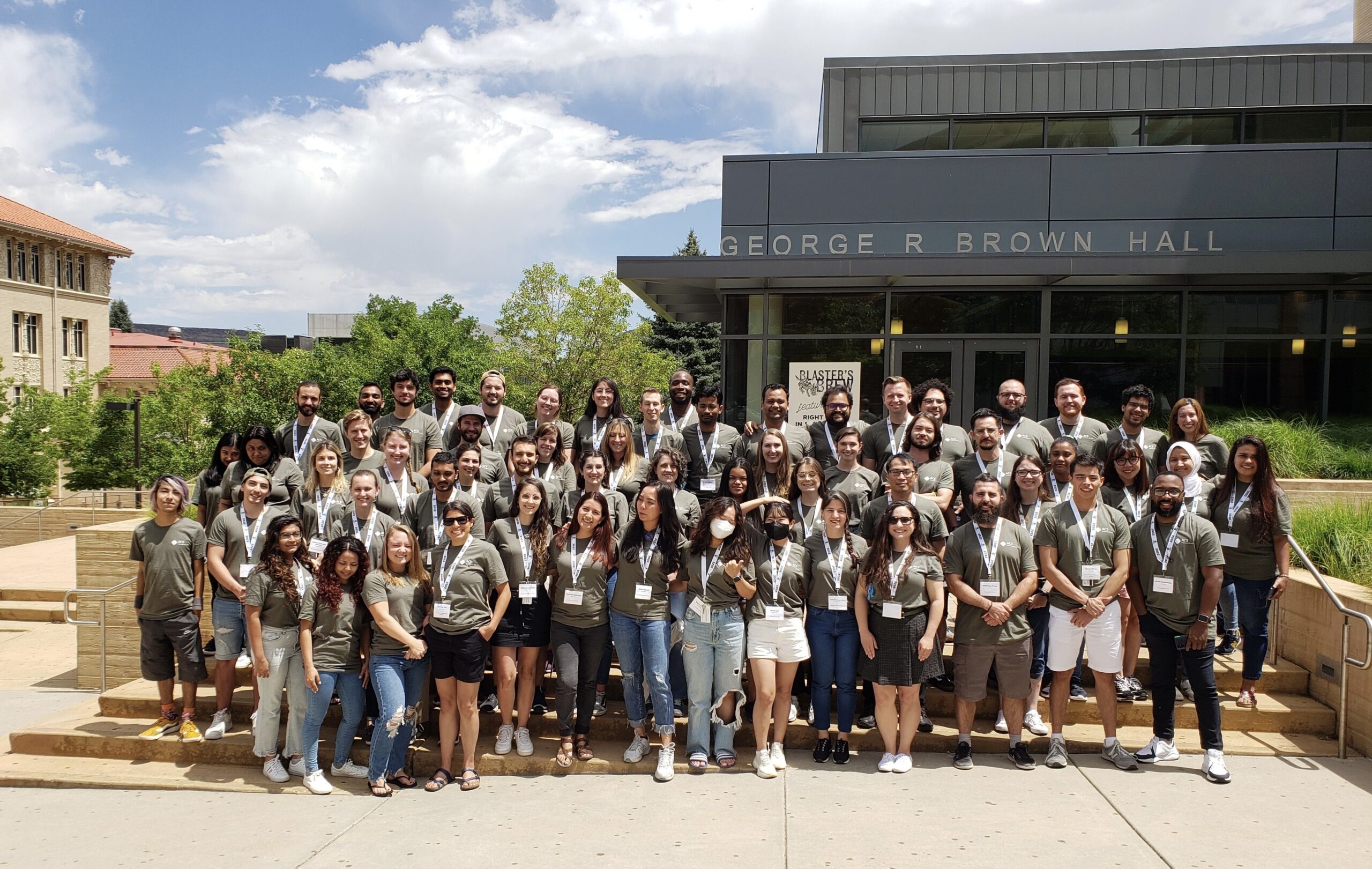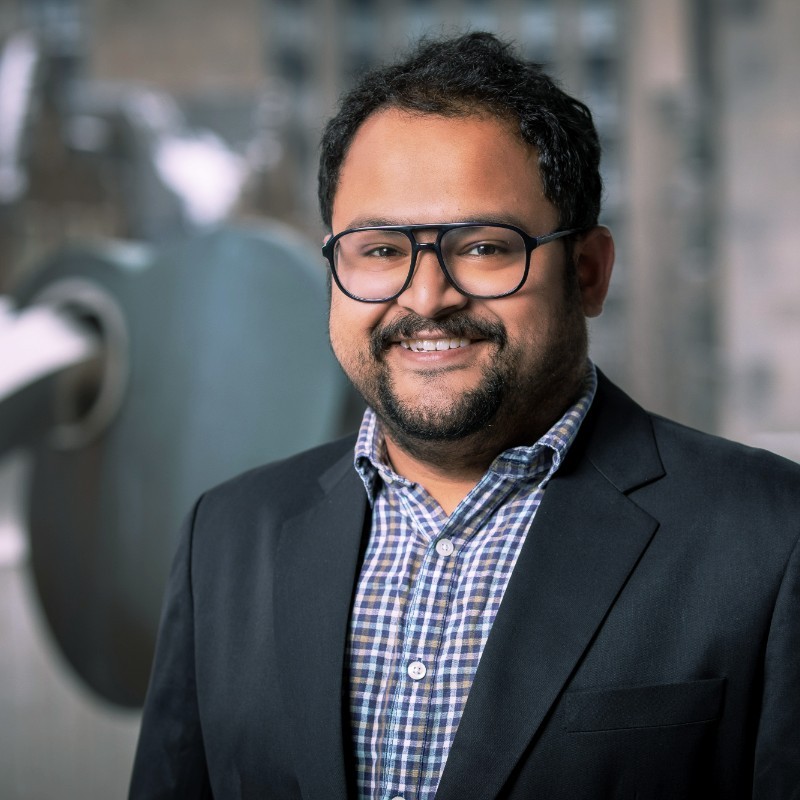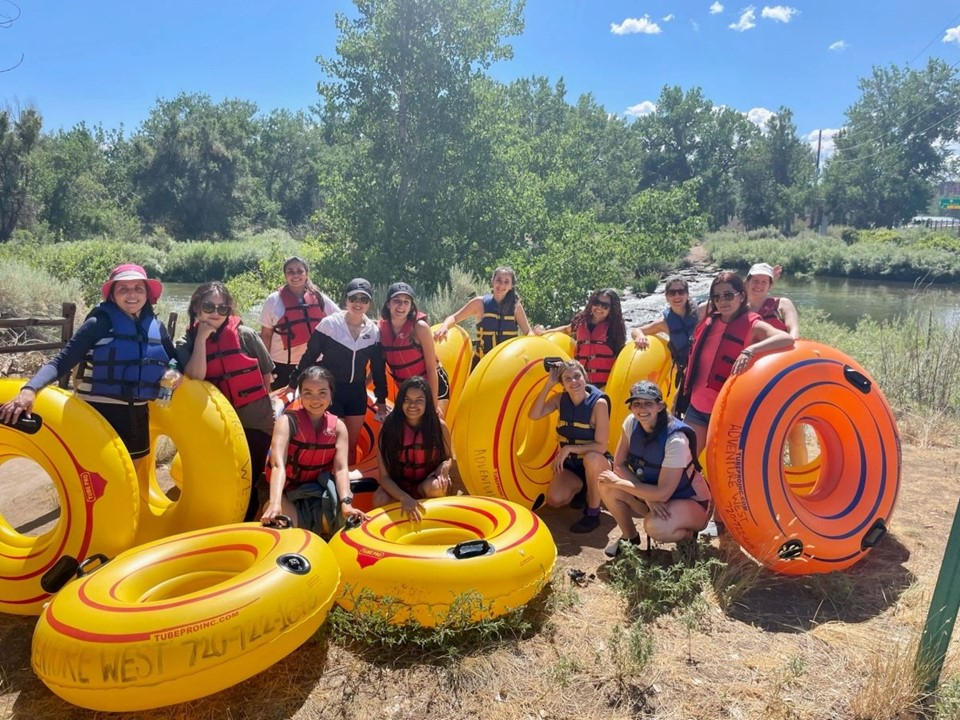
From July 15–23, I attended the American Chemical Society (ACS)’s Summer School on Green Chemistry and Sustainable Energy at the Colorado School of Mines in the USA. Amidst the beautiful rolling hills and table-top mountain, sixty PhD candidates and postdocs from the Americas were exposed to sustainability, science, and industry-academia partnerships – and how these drivers were enabling greener chemistry applications in several industries such as pharma, oil and gas, carbon capture, renewable energy, plastics, bioenergy, and emerging chemistry synthesis routes.
By definition, Green Chemistry (GC) is the design of chemical processes and products in the life cycle that eliminate use of hazardous substances, enables maximum usage of raw materials (preventing waste), eliminates harsher and energy – intensive chemistry routes towards manufacturing and synthesis, employs safer solvents, etc. (See the GC 12 Principles).
Applications in chemical processes and energy sustainability
The Summer School is a platform developed by the ACS Green Chemistry Institute (GCI) to educate PhDs and postdocs on GC applications in chemical processes and energy sustainability.

After being welcomed in the Maple Hall Residence at Mines, the School kickstarted with an opening night BBQ where 60 of us from the Americas were welcomed by David J.C. Constable (the ACS-GCI Science Director and also our guiding force in the School), Miss Chanelle Bragg (Head of Organizing Committee), and Prof. Ryan M. Richards (Professor of Chemistry at Mines). As we enjoyed delicious prime cuts and a range of salads while interacting with each other, little did we know the interesting lectures that would follow in the week.
I felt very fortunate to have attended the School, considering I was the first from my research group at McGill to get accepted. At McGill, I had worked on sustainable oil-spill management, controlled fertilizer use, nano-enabled agriculture – themes which closely resonated with the UN SDGs.
Before coming to McGill, I had researched on biofuels – a core driver of greener fuel use by automobiles. Although having an engineering background, my work had revolved around chemistry and biochemical processes, thus sparking my interest in the School.
Wide-ranging curriculum
In the week that followed, we were taught fundamental concepts and applications in GC by stalwarts such as David Constable and Isamir Martinez from the ACS who taught us GC Design, Systems Thinking in chemistry, and practical tools to quantitatively assess green chemistry processes.
Scientists from the National Renewable Energy Laboratory – namely Josh Schaidle, Alberta Carpenter, Mark Nimlos, and Bryan Pivovar – took us through applications of carbon capture and storage, CO2 management, Circular Economy, Biofuels and Biorefineries, and the use of hydrogen as an alternative fuel.
We were exposed to opportunities and challenges in these areas and encouraged to explore post-graduation opportunities at NREL. Paul Richardson (Director of Research at Pfizer) took us through GC applications in the pharmaceutical industry (while providing amusing anecdotes along the way helping break the ice!), examples of greener routes towards synthesizing commonly used drug components, and why a paradigm shift towards sustainable processes are needed in the pharmaceutical industry. The talks were stimulating and exposed us to the several opportunities we could make an impact in as chemists and engineers.
GC thrives on innovation, a significant chunk of which is taking shape in McGill and other Canadian universities. Professor Philip Jessop from Queen’s University provided us a thorough insight into Life Cycle Assessment calculations, even dividing us into teams to perform calculations on chemical synthesis routes and assess impact on global warming, acidification, critical element usage, etc. –which we presented to the class.
Professor Audrey Moores (one of our very own) taught us the fundamentals of mechanochemistry, and its application to convert biomass into useful materials. These talks taught us methods to evaluate the (adverse) impact our chosen solvents, reactants, and catalysts were making on the environment, and how one could use crab shells as a starting point for water filters and antimicrobial material!
Diverse cohort adds to overall experience
Needless to say, ACS’s hospitality was phenomenal – sumptuous meals, comfortable residences, and outdoor events such as water tubing made our Summer School experience rich, lively, and memorable! Our evenings were spent either playing pool or strolling in the lazy town of Golden while discussing our research.

The fact that sixty of us (who barely knew each other before) became so close resonated the School’s emphasis on networking and cross-collaboration between students, speakers, and ACS. The School welcomed ideas from different themes – chemistry, catalysis, environment health & safety, materials, science policy – which truly highlighted the diverse cohort we were. Student poster presentations (with of course, wine & cheese) exposed us to the GC research wave unfolding across the Americas – and its impact on innovation and society.
In addition, Nancy Jensen from the ACS Petroleum Research Fund taught a masterclass on how to write competitive grant proposals, encouraging us to always reach out for advice during proposal writing. Milcah Jackson from ACS Education walked us through the resources available for PhDs and postdocs – and how ACS provided support to emerging researchers aiming to launch professional careers.
I shall be forever grateful to be part of the 2022 GCI Summer School cohort – a splash of international travel, academic partnerships, and new knowledge in the otherwise monotone of PhD studies during COVID-19. I gratefully acknowledge the efforts of David Constable, Isamir Martinez, and most importantly Chanelle Bragg – all of whom made sure we international students had a fantastic experience! As I wrap up my PhD and prepare for the next journey, the main message I take away from the School is that in addition to the WHY, the HOW of chemical research is critical – so that sustainability starts right at the lab and solidifies with every step of research innovation.
Anirban Kundu is a PhD candidate in Civil Engineering at McGill
